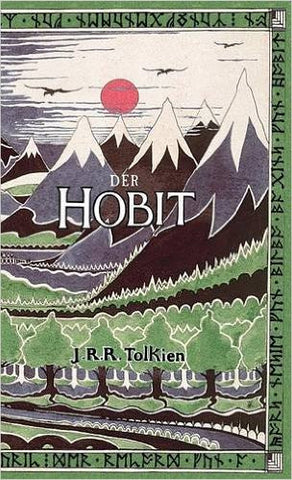My speed has picked up dramatically. I'm stumbling on less than one word per sentence now and can find my place easily when I get distracted or have to look up a word. My copy of El Princhipiko has started losing pages. You'd think that if you paid $25 for a book that it would hold up. So I've bought some glue and will repair it. In the meantime I've been reading lots of Rashi from other sources such as the Meam Loez
Vikipedia Ladino wrote:Me'am Lo'ez (en ivrit מעם לועז), empesijado por el haham Ya'akov Huli enel anyo 1730, es un livro de komentarios ensima del Tanah eskrito en la lingua djudeo-espanyola i se kreye es el livro amijor konosido en esta lingua.
En los dias del sinyor haham Huli, muncha djente en la Turkiya no tenían muncha konosensya del ivrit kon el buto de meldar i estudiar la Tora i sus komentarios en la lingua orijinala. Antonses el haham Huli dechidió el empesijo del lavoro de kriar un livro enel kual los mas emportantes temas de la Tora puediesen ser meldados en esta lingua. El livro fue partajado de akodro kon la parashat ashavua, i kada detalyo es eksplikado de akódro kon el Midrash i el Talmud. En la su entroduksiyon, el haham Kuli dize ke "kualunke ke meldase el Me'am Lo'ez kada diya va pueder dezir en los Shamayim ke ambezó toda la Tora, ya ke todos los sus aspektos estan enel"..
I'd love to find more novels in Rashi script, but they are hard to come by. I am hoping to learn more when I take an online course from the Yiddish Book Center called The Rise and Fall of Ladino-Speaking Jews. The professor, Devin Naar, runs the Ladino program at the University of Washington. I had to sign up.
Yiddish Book Center wrote:Join Professor Devin E. Naar of the University of Washington for an in-depth exploration of Ladino language, literature, and culture.
THE DETAILS:
Class runs for four weeks, March 21 - April 15. Interactive online discussion with the professor will be available during these four weeks only. Lectures and readings will remain available for viewing and downloading for four additional weeks (through May 13).
Course includes:
Four downloadable lectures by Devin Naar
One downloadable lecture by Sephardic music researcher and collector Joel Bresler
Introduction by Aaron Lansky
Readings and resources
Online discussion forum
One new lecture is posted each week. You watch and respond at your own convenience.
I also explored the Yiddish Book Center site. There's a ton of resources here for anyone interested in learning Yiddish at their shop and the Steven Spielberg Digital Library.
At the bookstore I found Yiddish translations of Dr. Seuss' The Cat in the Hat - Di Katz der Payatz and Eyn Fish, Tsvey Fish, Royter Fish, Bloyer Fish (One Fish, Two Fish, Red Fish, Blue Fish) along with Curious George and Der Hobit




Possible wanderlust language? I can almost, pretty much, read the alphabet already! For a non-Jewish guy, I certainly seem to be attracted to Jewish languages.
Spanish Entering the final week of my telenovela Celia. It's been a good novela that has been stronger at the first two thirds then the last third. I'm looking forward to the grand finale which looks to be good. Afterwards, I don't know what I will watch for that 9 pm time slot. I'm sure I'll find something.
Portuguese I'm up to episode 26 of the first season of Sai de Baixo. I'm almost finished with my novel Encontrada by Carina Rissi. This is a sequel to her novel Perdida which is the story of a young woman who is unsatisfied with her life in modern Rio. She gets robbed and has to buy a new cellphone. The shop she went to, there was a strange lady working there who sold her her new phone. One day she's out at a park and trips over a stone and is transported back in time to the early 1800's in Rio. She gets cryptic texts over her phone She has trouble adapting to a time when women weren't treated as equals. The book is a good read, well written and has lots of colloquial dialog. Carina is a good author.
Haitian Creole Reading Zanmi Pèsonn and watching the news for about 15 minutes a day. Emailing with my friend who left island.
Lesser Antilles French Creole I found out this week that someone I've known for three years is a native-speaker of LAFC (Kwéyòl) from Dominica. I didn't know he was from there and when I found out about it, I spoke to him in it. Needless to say, he was shocked! This will come in handy for language practice. He owns a bar




